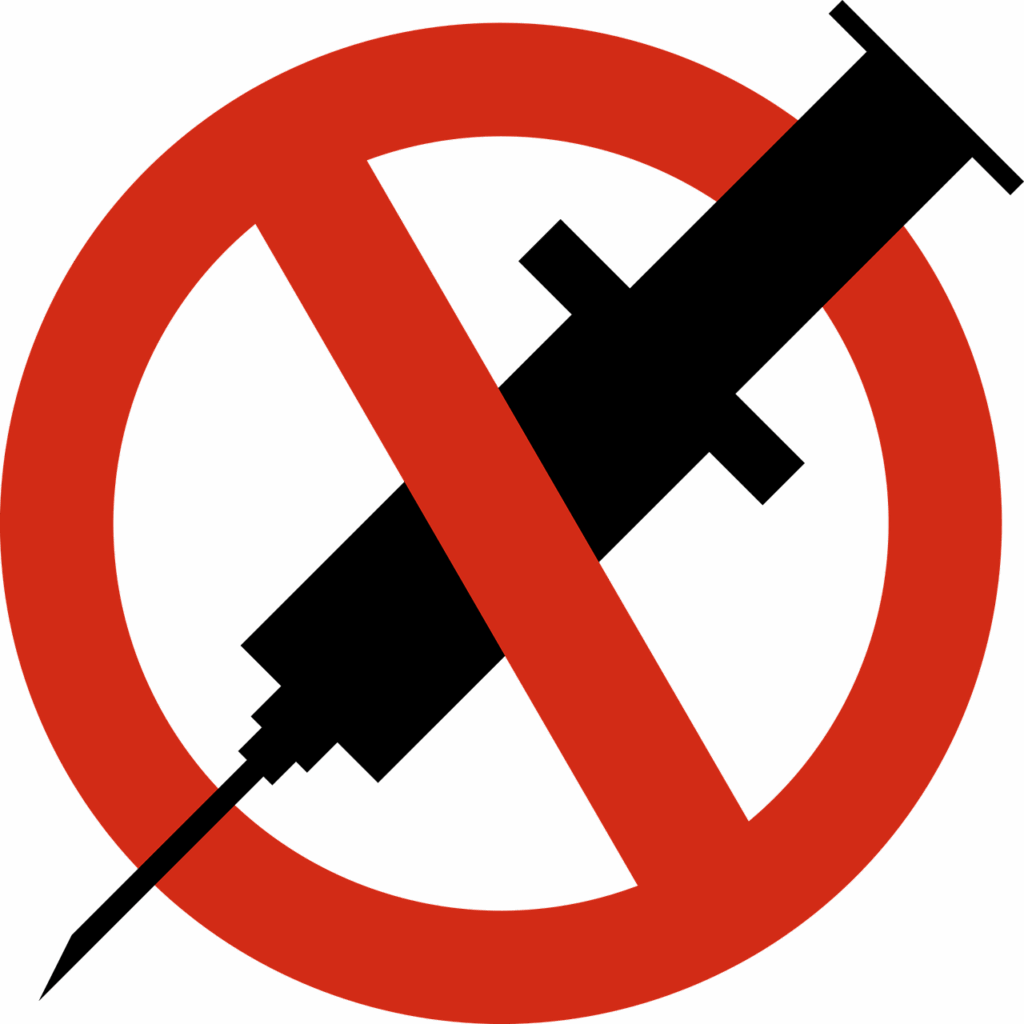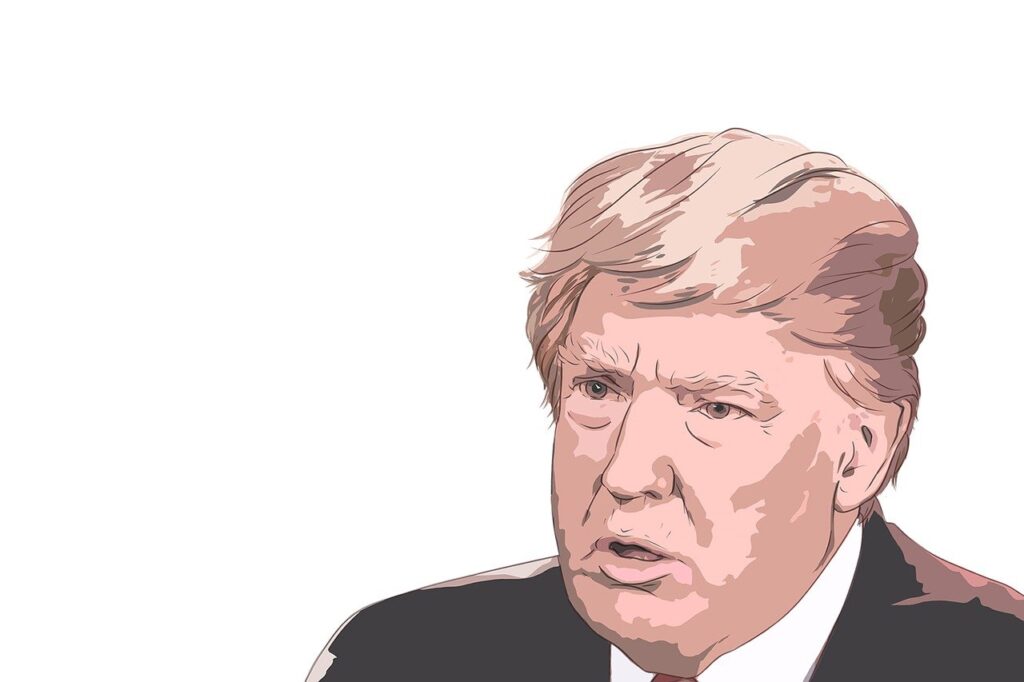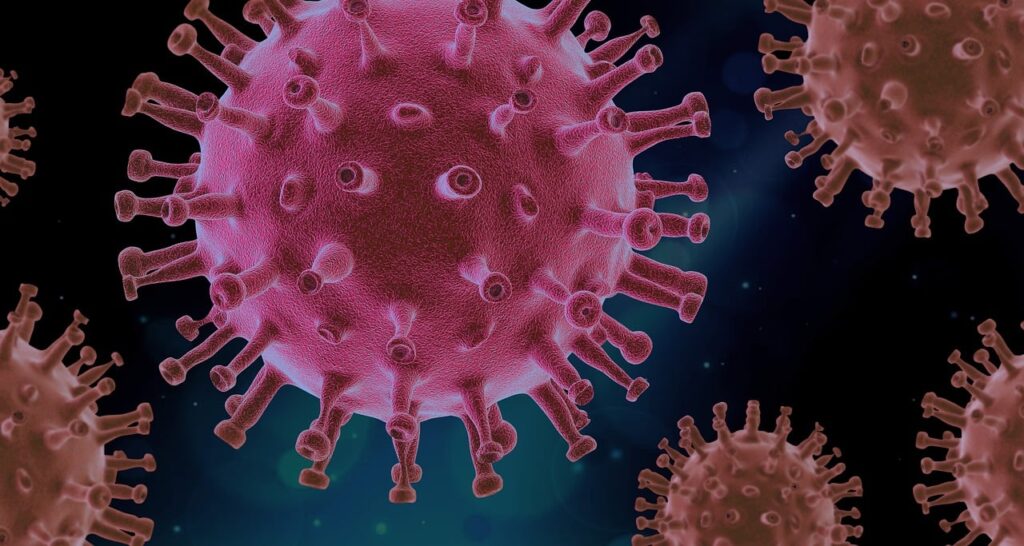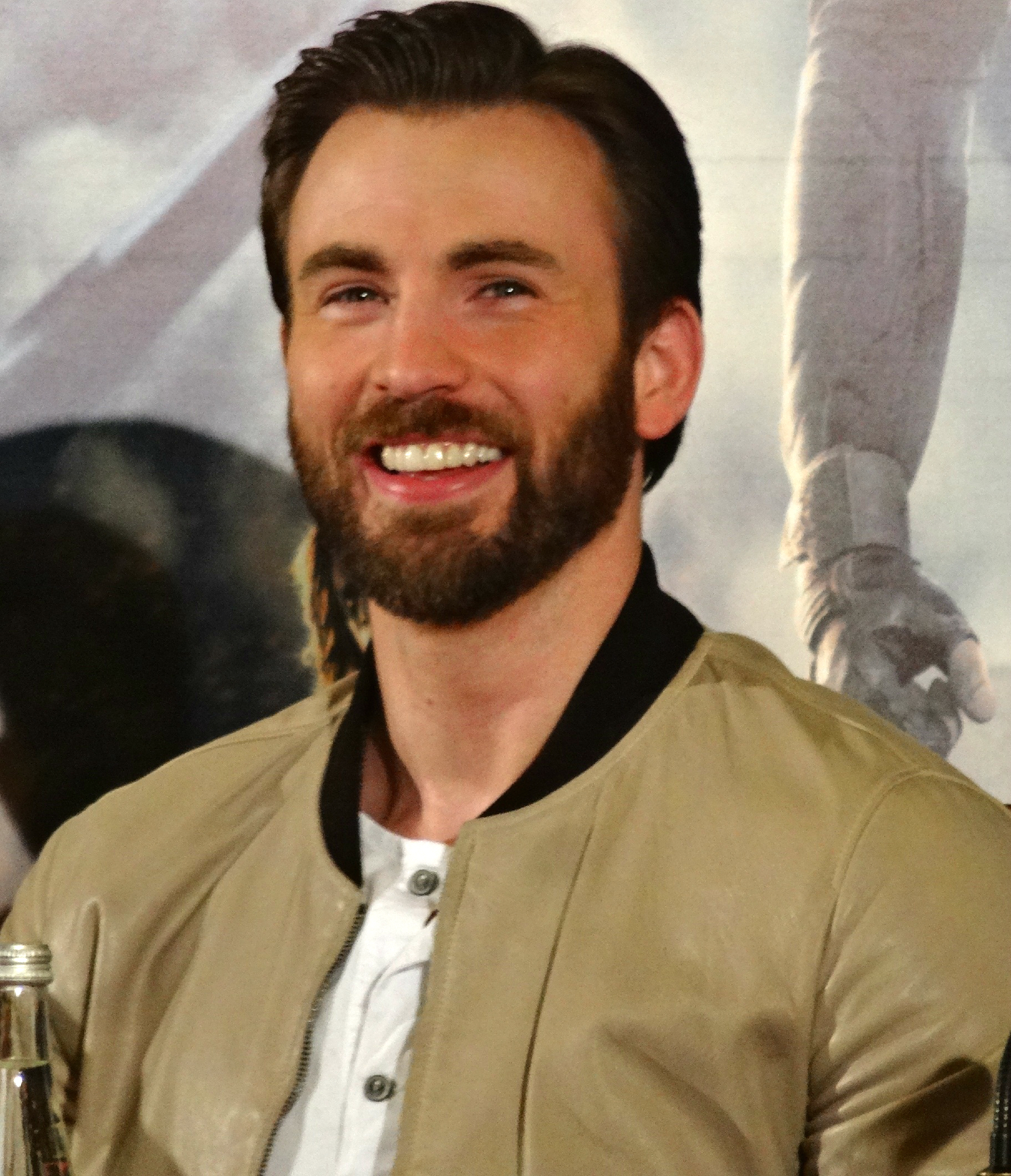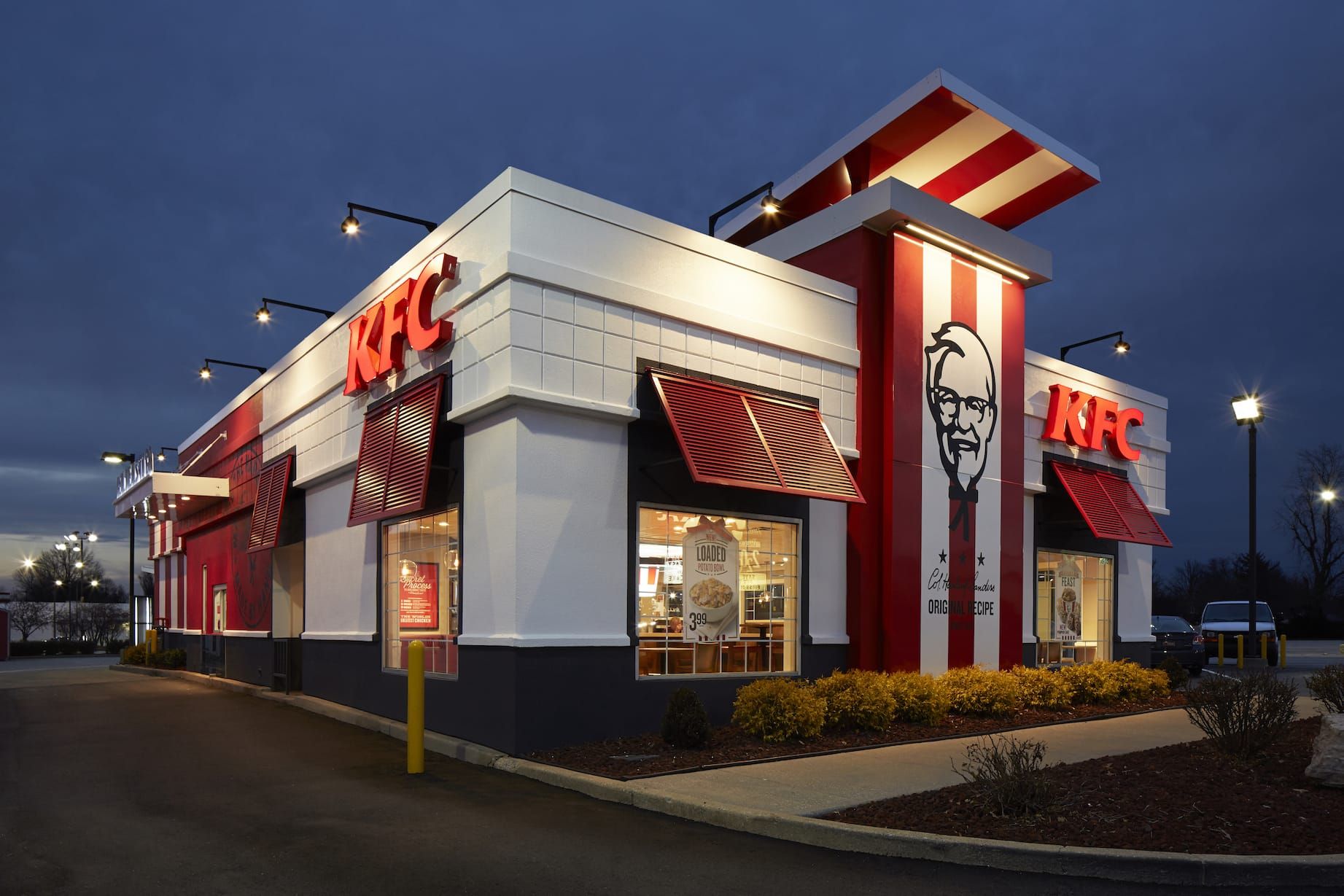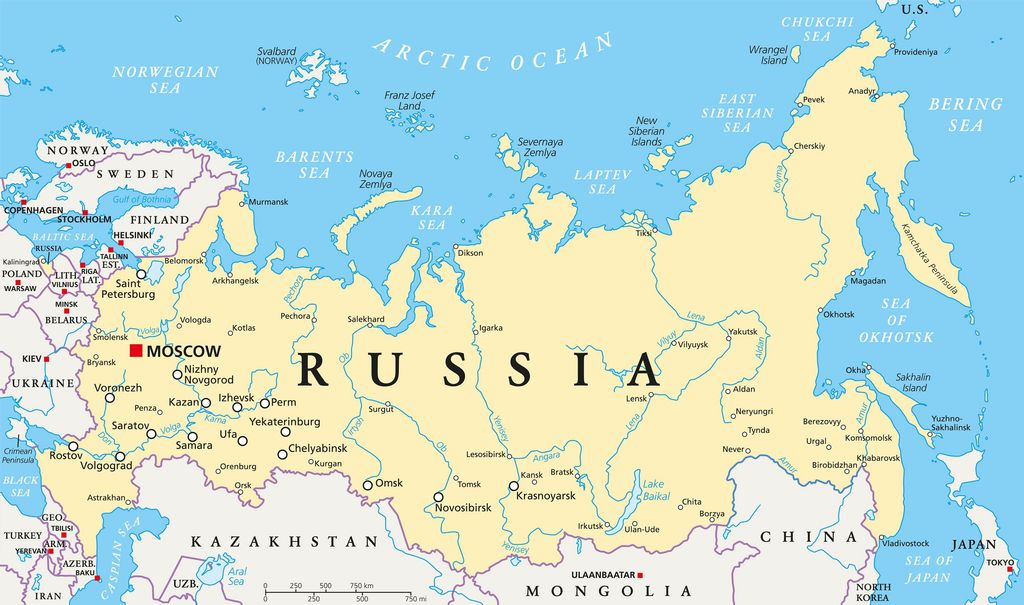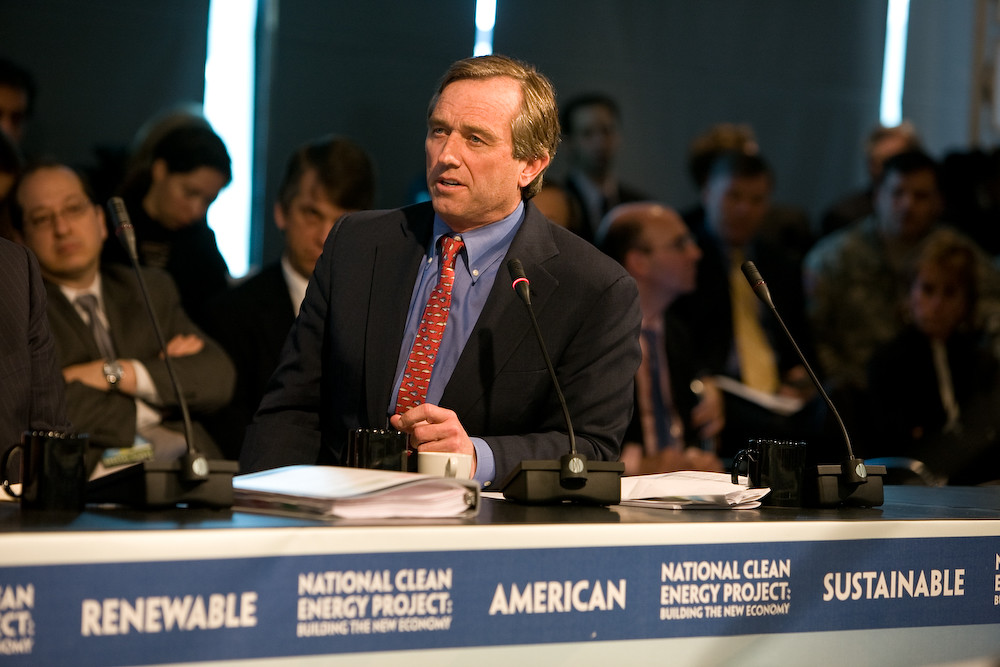
Robert F. Kennedy Jr. is a figure of profound complexity, a scion of one of America’s most storied political families, whose career has navigated starkly contrasting public realms. From his foundational years marked by personal struggles to an acclaimed career as an environmental lawyer, Kennedy carved a significant niche advocating for the planet’s most vulnerable ecosystems and communities. His early work established him as a tenacious litigator and a dedicated conservationist, earning him accolades and shaping environmental legal standards.
Yet, this distinguished environmental legacy has in recent years been increasingly overshadowed by his emergence as a prominent voice in the anti-vaccine movement and a proponent of public health conspiracy theories. This shift has culminated in his recent and contentious appointment as the 26th United States Secretary of Health and Human Services, a role that places him at the nexus of national public health policy.
This in-depth article will explore the multifaceted career of Robert F. Kennedy Jr., tracing his journey from a challenging youth through decades of impactful environmental activism. We will examine the significant legal battles he spearheaded, the organizations he helped found, and the controversies that have punctuated his professional life, providing a comprehensive understanding of the individual now tasked with leading the nation’s health apparatus.
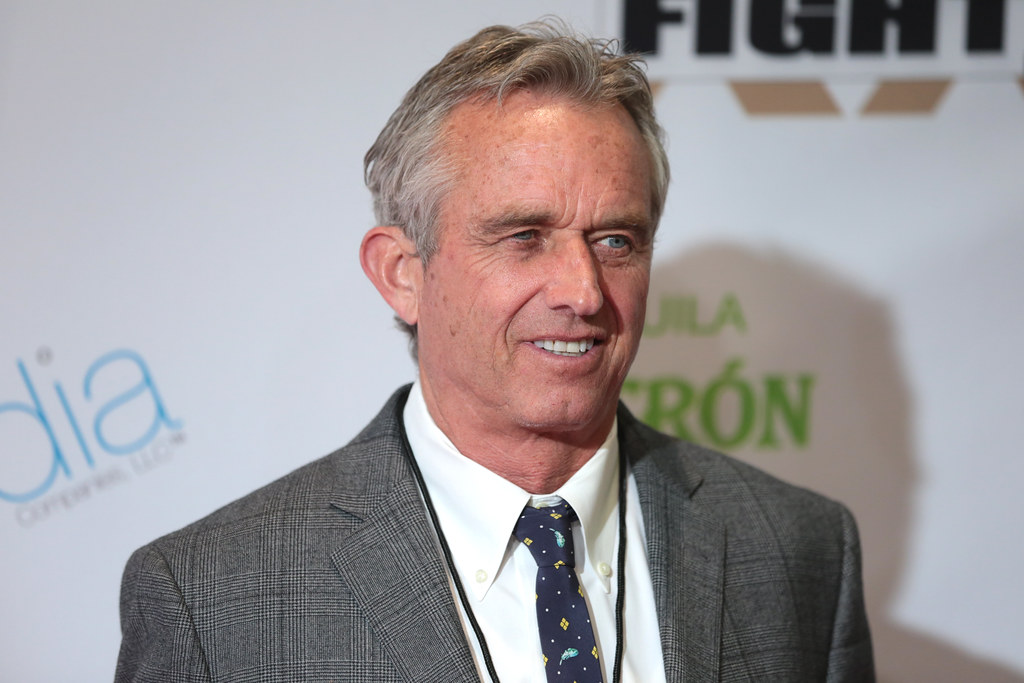
1. **Early Life and Personal Struggles**Born into the heart of American political royalty, Robert Francis Kennedy Jr. entered a world of immense privilege and profound tragedy. He was merely nine years old when his uncle, President John F. Kennedy, was assassinated in 1963, and just 14 when his father, Robert F. Kennedy, was killed while campaigning for the presidency in 1968. These formative losses left an indelible mark on his youth, occurring at critical developmental stages.
Following his father’s death, Kennedy faced significant personal challenges, including a protracted struggle with drug abuse. At the age of 16, he was arrested for cannabis possession in Barnstable, Massachusetts, and subsequently expelled from two boarding schools, Millbrook and Pomfret. During this tumultuous period, some members of the Kennedy family reportedly viewed him as the “ringleader” of a group known as the “Hyannis Port Terrors,” engaging in vandalism, theft, and drug use.
His struggles with substance abuse continued into his time at Harvard University, where he used heroin and cocaine, often with his brother David. This earned him a reputation that has been described as a “pied piper” and “drug dealer.” The gravity of his addiction led to a felony charge for heroin possession in Rapid City, South Dakota, in September 1983. In February 1984, he pleaded guilty and was sentenced to two years of probation and community service, ultimately entering a drug treatment center. This period marked a turning point, as Kennedy asserted that this experience ended his 14 years of heroin use, which he said had begun when he was 15.
Read more about: The King’s Fading Echo: An In-Depth Look at Elvis Presley’s Tumultuous Final Year Before His Untimely Death

2. **Environmental Legal Career: Riverkeeper**After successfully navigating his personal struggles and being admitted to the New York bar in 1985, Kennedy channeled his energies into environmental advocacy. He began volunteering at the Hudson River Fisherman’s Association in 1984, an organization that was renamed Riverkeeper in 1986. Shortly thereafter, he was hired as its senior attorney, marking the true commencement of his impactful legal career.
At Riverkeeper, Kennedy became a formidable force in environmental enforcement. He litigated and supervised numerous lawsuits focused on protecting the east coast estuaries, particularly the Hudson River and the Long Island Sound. His legal actions targeted municipalities and industries, including the colossal General Electric, compelling them to cease polluting and undertake the cleanup of legacy contamination. His relentless pursuit of environmental justice at Riverkeeper established significant long-term legal standards for clean waterways.
A notable controversy emerged in 2000 when Kennedy insisted on rehiring William Wegner, a wildlife lecturer and falcon trainer, who had been convicted in 1995 for tax fraud, perjury, and conspiracy to violate wildlife protection laws related to smuggling endangered cockatoo eggs. This decision led to the resignation of Riverkeeper’s founder, Robert H. Boyle, and several board members, who argued that hiring someone convicted of environmental crimes was inappropriate for an environmental organization and would harm its fundraising efforts. Despite the internal dissent, Kennedy’s vision for Riverkeeper led him to spearhead a 34-year battle to close the Indian Point nuclear-power plant, arguing that its electricity could be fully replaced by renewable energy. Following the plant’s closure, however, carbon emissions from electricity generation in New York state increased by 37% compared to 2019, sparking further debate on the efficacy of such actions. Kennedy resigned from Riverkeeper in 2017.
3. **Environmental Legal Career: Pace Environmental Litigation Clinic**In 1987, Kennedy further solidified his commitment to environmental education and litigation by founding the Environmental Litigation Clinic at Pace University School of Law. For three decades, he served as the clinic’s supervising attorney and co-director, as well as a Clinical Professor of Law. This innovative clinic provided a unique opportunity for students to gain hands-on legal experience under his direct mentorship.
Kennedy secured a special order from the New York State Court of Appeals, allowing his 10 clinic students to practice law and try cases against Hudson River polluters in state and federal court. Working closely with Riverkeeper and Long Island Soundkeeper as full-time clients, the clinic became a crucial legal arm for environmental protection. They successfully argued cases to expand citizen access to the shoreline and won hundreds of settlements for the Hudson Riverkeeper, demonstrating the power of dedicated legal action.
Beyond direct litigation, Kennedy and his students waged significant battles against municipal wastewater treatment plants, forcing compliance with the Clean Water Act. A landmark achievement occurred in 2010 when a Pace lawsuit compelled ExxonMobil to clean up tens of millions of gallons of oil from legacy refinery spills in Newtown Creek in Brooklyn. The clinic’s successes garnered awards, including Men’s Journal’s “Heroes” Award for Kennedy in 2001, and its model was subsequently adopted by environmental law clinics across the country.
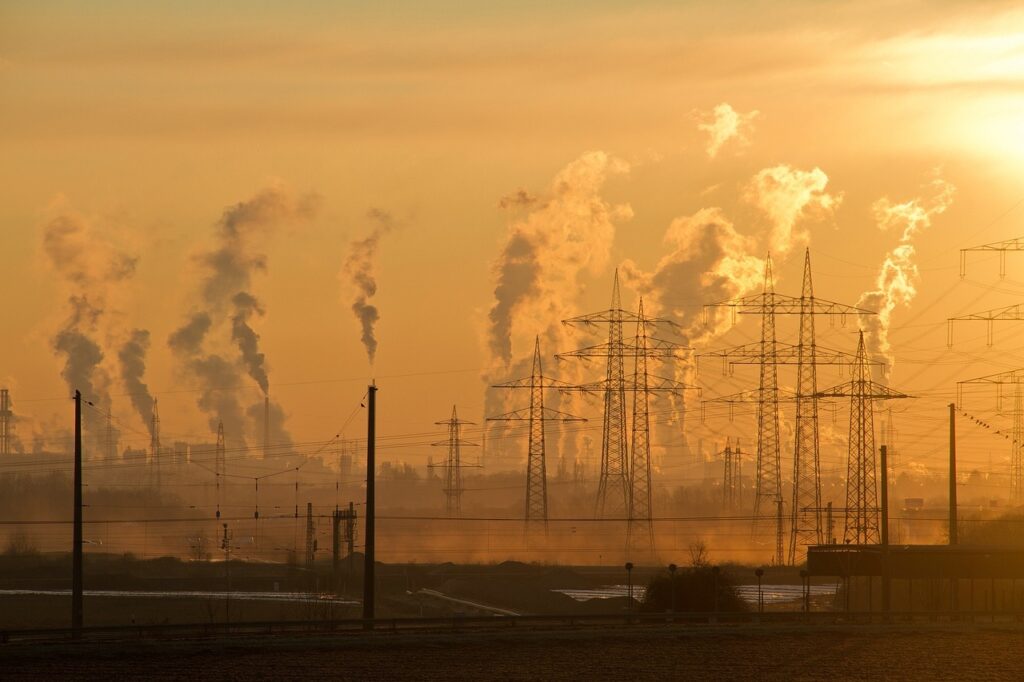
4. **Environmental Legal Career: Waterkeeper Alliance**Building upon the local successes of Riverkeeper, Kennedy was instrumental in founding the Waterkeeper Alliance in June 1999. Recognizing the growing need for a broader movement, he gathered dozens of Riverkeepers in Southampton, Long Island, to create an umbrella organization that would support and expand the Waterkeeper model globally. Today, the Alliance oversees 344 licensed Waterkeeper programs in 44 countries, all dedicated to promoting “swimmable, fishable, drinkable waterways, worldwide.”
As president of the Alliance, Kennedy led impactful campaigns, including the “Clean Coal is a Deadly Lie” initiative launched in 2001. This campaign resulted in dozens of lawsuits targeting environmentally destructive mining practices such as mountaintop removal and slurry pond construction. The Alliance also vigorously pursued coal-burning utilities over their mercury emissions and the hazards posed by coal ash piles, advocating for cleaner energy production and stricter environmental accountability.
Kennedy’s leadership extended to combating pollution from factory farms, rallying opposition among small independent farmers and convening national summits on industrial meat production. Starting in 2000, Waterkeeper sued factory farms in multiple states, including North Carolina, Oklahoma, Maryland, and Iowa. In a 2003 article, he articulated how factory farms not only produce lower-quality, less healthy food but also harm independent family farmers by poisoning their air and water, reducing property values, and leveraging extensive state and federal subsidies to create unfair competition. Kennedy resigned the Waterkeeper Alliance presidency in November 2020.
5. **Environmental Legal Career: Kennedy & Madonna LLP and Morgan & Morgan**In 2000, seeking to further empower private citizens against corporate polluters, Kennedy co-founded the environmental law firm Kennedy & Madonna, LLP, with Kevin Madonna. This firm specialized in litigating environmental contamination cases on behalf of individuals, non-profit organizations, school districts, public water suppliers, Indian tribes, municipalities, and states. Their work quickly established a reputation for securing substantial settlements against powerful corporations.
One of the firm’s early successes was organizing a team of prestigious plaintiff law firms to challenge pollution from industrial pork and poultry production in 2001. In 2004, they were part of a legal team that secured a $70 million settlement for property owners in Pensacola, Florida, whose properties were contaminated by chemicals from an adjacent Superfund site. The firm’s work was also chronicled in the 2010 HBO documentary *Mann v. Ford*, which documented four years of litigation on behalf of the Ramapough Mountain Indians against the Ford Motor Company for toxic waste dumping. This lawsuit not only led to a monetary settlement but also contributed to the community’s land being relisted on the federal Superfund list—a rare achievement for a delisted site.
Kennedy’s legal prowess was recognized in 2007 when he was nominated as “Trial Lawyer of the Year” by Public Justice for his role in securing a $396 million jury verdict against DuPont for zinc plant contamination in Spelter, West Virginia. In 2017, his firm was again part of a trial team that secured a $670 million settlement for over 3,000 residents in Ohio and West Virginia affected by perfluorooctanoic acid (PFOA) contamination from a DuPont plant. In 2016, Kennedy became counsel to the Morgan & Morgan law firm, continuing his pursuit of justice, notably filing a class-action lawsuit against Monsanto over its glyphosate-based herbicide, Roundup, and against Columbia Gas of Massachusetts following gas explosions.

6. **Cape Wind Controversy**Robert F. Kennedy Jr.’s environmental career, while largely lauded, was not without its internal conflicts and criticisms, particularly his staunch opposition to the Cape Wind Project in 2005. This proposed offshore wind farm in Nantucket Sound, Massachusetts, became a significant point of contention where Kennedy found himself clashing with several national environmental groups, who generally supported renewable energy initiatives.
Kennedy argued that the Cape Wind project represented a costly boondoggle, asserting that its electricity, by conservative estimates based on figures filed with the state, would come in at 25 cents per kilowatt-hour. He contrasted this with alternatives such as clean, green power from Hydro-Québec, which he claimed was available to Massachusetts utilities at a significantly lower cost of six cents per kilowatt-hour. His stance was rooted in a pragmatic assessment of economic viability and the most efficient allocation of resources for clean energy.
His opposition drew criticism from various quarters, including conservative commentators Rush Limbaugh and John Stossel, who highlighted the unusual alignment of Kennedy with opponents of renewable energy. Despite being a lifelong environmental advocate, Kennedy’s position on Cape Wind underscored his willingness to diverge from mainstream environmental consensus when he perceived a project to be economically unsound or poorly conceived, even if it ostensibly aligned with broader environmental goals.
Read more about: The King’s Fading Echo: An In-Depth Look at Elvis Presley’s Tumultuous Final Year Before His Untimely Death

7. **International and Indigenous Rights Advocacy**Beyond domestic environmental litigation, Kennedy significantly expanded his advocacy to the international arena, particularly focusing on the rights of indigenous communities. Beginning in 1985, he played a crucial role in developing the international program for environmental, energy, and human rights at the Natural Resources Defense Council (NRDC). This work led him to Canada and Latin America, where he assisted indigenous tribes in safeguarding their ancestral homelands and opposing large-scale energy and extractive projects in remote wilderness areas.
His international efforts included a partially successful campaign in 1990 to halt the construction of a series of dams on Chile’s iconic Biobío River, assisting indigenous Pehuenches. From 1992, he aided the Cree Indians of northern Quebec in their extensive campaign against Hydro-Québec, aiming to stop the construction of some 600 proposed dams across eleven rivers in James Bay. These campaigns showcased his dedication to empowering local communities against powerful industrial and governmental forces.
Kennedy’s work also involved complex negotiations, such as representing the CONFENIAE, a confederation of indigenous peoples in Ecuador, in discussions with the American oil company Conoco. The goal was to limit oil development in the Ecuadorian Amazon while simultaneously securing benefits from resource extraction for the Amazonian tribes. He was a vocal critic of Texaco for its prior record of polluting the Ecuadorian Amazon, emphasizing accountability for environmental damage in sensitive regions.
His advocacy extended to Asia and the Caribbean, notably between 1996 and 2000, when he and the NRDC helped Mexican commercial fishermen successfully halt Mitsubishi’s proposal to build a salt facility in Laguna San Ignacio, a critical breeding ground for gray whales in Baja. He also met with Cuban president Fidel Castro in 1996, persuading him to abandon plans for a nuclear power plant at Juraguá. In a particularly bold act of civil disobedience, Kennedy was arrested for trespassing at Camp Garcia Vieques, a U.S. Navy training facility in Puerto Rico, while protesting weapons testing, serving 30 days in a maximum-security prison. These lawsuits and protests ultimately compelled the Bush administration to terminate naval bombing in Vieques, highlighting his commitment to direct action and human rights in the face of environmental injustice.
Following a distinguished, albeit at times controversial, environmental legal career, Robert F. Kennedy Jr. underwent a profound ideological transformation that shifted his public focus from ecological protection to a prominent role in the anti-vaccine movement and the propagation of public health conspiracy theories. This evolution, beginning in the mid-2000s, marked a significant departure from the scientific consensus he often championed in environmental contexts, introducing a new, highly contentious dimension to his public persona. His growing skepticism towards established medical science would eventually coalesce into a powerful, albeit divisive, platform, fundamentally altering the trajectory of his public life.
This shift was not merely a subtle change of emphasis but a radical reorientation of his advocacy, establishing him as a leading figure in a movement that challenged the efficacy and safety of vaccines. His public statements and organizational affiliations from this period laid the groundwork for the controversies that would define his later political aspirations and ultimately shape his tenure in high office. The transition from environmental lawyer to vocal anti-vaccine proponent represents a critical pivot point in understanding the full scope of Robert F. Kennedy Jr.’s influence and his complex engagement with scientific and public policy debates.
Read more about: Vivian Ayers Allen: An In-Depth Chronicle of a Pulitzer-Nominated Poet, Cultural Activist, and Matriarch Who Shaped Generations
8. **The Emergence of an Anti-Vaccine Advocate**Robert F. Kennedy Jr.’s public engagement with vaccine-related issues began around 2005, marking a significant turn from his prior focus on environmental law. From this point forward, he actively promoted vaccine misinformation and various public health conspiracy theories, establishing a new, controversial chapter in his career. This period saw him increasingly align with narratives that questioned mainstream medical advice, creating a platform that resonated with growing vaccine hesitancy movements across the United States and globally.
His advocacy quickly extended beyond mere skepticism, evolving into active opposition to established vaccination protocols. A notable element of this phase was his role as the founder and former chairman of Children’s Health Defense, an organization explicitly dedicated to anti-vaccine advocacy. Under his leadership, this group became a significant proponent of COVID-19 vaccine misinformation, leveraging the anxieties of a global pandemic to amplify its message and reach a broader audience.
The impact of Kennedy’s early anti-vaccine activism was not without tangible consequences. His stance drew considerable criticism for fueling vaccine hesitancy, a phenomenon that contributed to severe public health crises in various regions. For instance, he was specifically cited for contributing to the social climate that gave rise to deadly measles outbreaks in Samoa and Tonga, underscoring the real-world implications of the information he disseminated and the narratives he promoted. This period solidified his reputation as a formidable, if polarizing, voice in public health debates.
9. **Spreading Misinformation and Conspiracy Theories**Beyond general vaccine skepticism, Robert F. Kennedy Jr. became a leading proponent of several specific, scientifically disproved claims and elaborate conspiracy theories concerning public health. His public discourse and writings frequently intertwined these narratives, creating a comprehensive framework of distrust in established medical and scientific institutions. These theories ranged from questioning the fundamental understanding of certain diseases to asserting elaborate governmental cover-ups.
Among the most widely cited of his promoted theories is the scientifically disproved claim of a causal link between vaccines and autism. This assertion, despite overwhelming scientific consensus to the contrary, became a cornerstone of his anti-vaccine rhetoric. Furthermore, Kennedy engaged in HIV/AIDS denialism, questioning fundamental aspects of the virus and its transmission, a stance that contradicted decades of global medical research and public health efforts.
His embrace of conspiracy theories extended to broader, less medically specific areas, such as the chemtrail conspiracy theory, which posits that aircraft release chemical or biological agents for undisclosed purposes. During the COVID-19 pandemic, Kennedy became a prominent source of misinformation, challenging official public health guidelines and spreading false claims about the virus and its vaccines. He also promoted a medical racism conspiracy theory, further complicating the public health landscape with contentious social narratives.
These activities, documented extensively in his writings and public speeches, generated significant pushback, including from members of his own prominent family. The Kennedy family publicly criticized his stances, underscoring the severity of his departure from widely accepted scientific and public health principles and the deep division his views had created, even within his closest circles.
Read more about: Beauty Mogul Huda Kattan’s Anti-Israel Conspiracy Theories Lead to TikTok Removal and Widespread Boycott Calls

10. **The 2024 Presidential Campaign: Challenging the Establishment**Robert F. Kennedy Jr.’s foray into presidential politics in 2023 marked a dramatic escalation of his public profile, transforming him from an environmental activist and public health skeptic into a national political contender. His initial consideration of a presidential bid, announced in New Hampshire, quickly gained traction, culminating in his formal declaration as a Democratic candidate on April 19, 2023, at the Park Plaza Hotel in Boston.
Throughout his campaign, Kennedy became known for disseminating numerous false conspiracy theories, a pattern that led PolitiFact to name his presidential campaign its 2023 “lie of the year.” This designation highlighted the persistent factual inaccuracies and unsubstantiated claims that permeated his public statements, distinguishing his campaign from traditional political discourse. His rhetoric often leveraged distrust in government and established institutions, themes that resonated with a segment of the electorate.
Despite initial challenges within the Democratic primary, Kennedy eventually shifted his strategy, declaring himself an independent candidate on October 9, 2023. This move allowed him to bypass the traditional party structure and appeal to a broader base of voters disillusioned with both major parties. His independent candidacy positioned him as a unique, albeit controversial, figure in the election, drawing support from a diverse array of individuals and groups.
His campaign was also notably considered for the Libertarian Party’s nomination for president in May 2024, though he ultimately lost to Chase Oliver. While the Colorado state Libertarian Party did select him, Oliver appeared on the ballot as the official Libertarian nominee. This exploration of third-party avenues underscored Kennedy’s unconventional approach to seeking the nation’s highest office, further solidifying his image as an outsider challenging the political establishment.
Read more about: Tran Trong Duyet: Unpacking the Complex Legacy of John McCain’s Captor at the ‘Hanoi Hilton’ and His Journey Towards Reconciliation
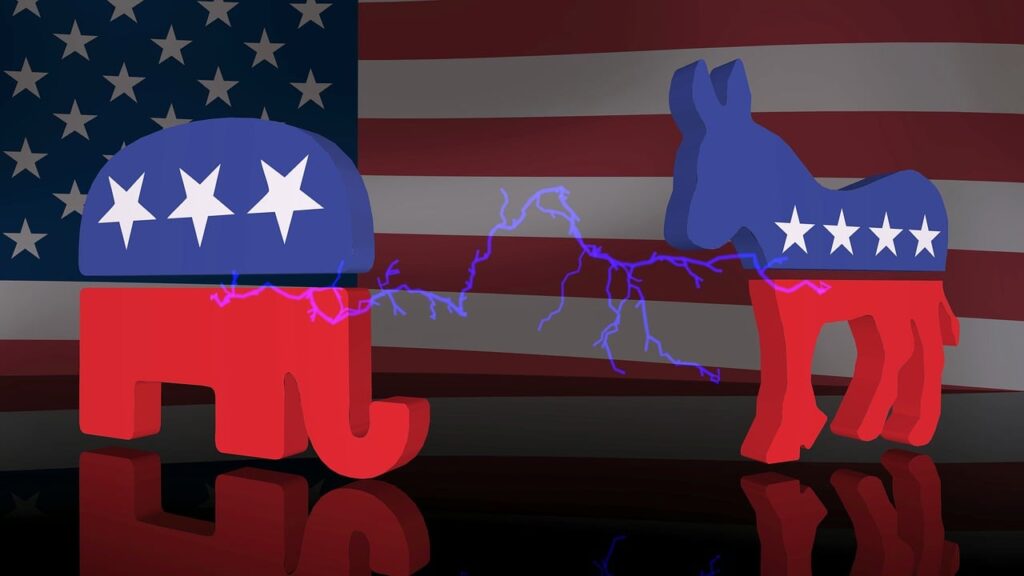
11. **The 2024 Presidential Campaign: External Support and Strategic Maneuvers**Robert F. Kennedy Jr.’s 2024 presidential campaign garnered significant attention not only for his controversial positions but also for the unusual coalition of support it attracted, particularly from prominent Republican donors and allies of Donald Trump. These supporters frequently viewed Kennedy as a potential “spoiler” candidate, capable of drawing votes away from the Democratic nominee, thereby indirectly benefiting the Republican platform.
A key financial backer was Timothy Mellon, who made substantial donations totaling $25 million to Kennedy and Kennedy-affiliated groups, as reported by Forbes in July 2024. Mellon’s contributions included $15 million to Donald Trump’s super PAC, MAGA Inc., and an initial $5 million to Kennedy’s super PAC in August 2023, followed by another $5 million in April, highlighting a strategic alignment of interests between factions of the Republican establishment and Kennedy’s independent bid.
As the campaign progressed and faced declining poll numbers, limited funds, and increasing hurdles to ballot access, Kennedy’s team began exploring strategic alliances. In August 2024, the campaign reportedly appealed to both the Harris and Trump campaigns, seeking a cabinet post in exchange for an endorsement. While Vice President Kamala Harris reportedly rebuffed the offer, Donald Trump indicated that he “probably would [consider the offer], if something like that would happen,” signaling a potential opening for an unexpected political partnership.
This strategic maneuvering culminated on August 23, 2024, when Kennedy officially dropped out of the presidential race and endorsed Donald Trump. This decision marked a significant reversal from his previous statements, in which he had characterized Trump as a “terrible human being,” a “discredit to democracy,” and “probably a sociopath,” and had stated he would “under no circumstances” join Trump on a presidential ticket. In his endorsement speech, Kennedy claimed to have discovered alignment with Trump on “many key issues” after discussions with him and his advisers, a move that reshaped the final months of the election cycle.
12. **Nomination and Contentious Confirmation for HHS Secretary**Days before the 2024 United States presidential election, Donald Trump hinted at a significant role for Robert F. Kennedy Jr. in health care if elected, a promise that materialized with his victory. On November 14, Trump officially announced his intention to nominate Kennedy for the position of Secretary of Health and Human Services (HHS), a role that would place him at the helm of national public health policy, despite his long-standing history of promoting anti-vaccine views.
The nomination immediately triggered widespread alarm and opposition from the scientific and medical communities. In December 2024, more than 75 Nobel Laureates urged the U.S. Senate to oppose Kennedy’s nomination, issuing a stark warning that he would “put the public’s health in jeopardy.” This sentiment was echoed by over 17,000 doctors from the Committee to Protect Health Care, who signed an open letter arguing that Kennedy’s decades of undermining public confidence in vaccines and spreading false claims rendered him a danger to national healthcare and profoundly unqualified to lead the department. By January 24, 2025, more than 80 organizations had formally voiced their opposition to his appointment.
During his confirmation process, Kennedy disclosed an arrangement with the law firm Wisner Baum, specializing in pharmaceutical drug injury cases, where he earned 10% of fees awarded in contingency cases he referred. He specified that, if confirmed, this arrangement would only continue for cases not directly affecting the federal government, listing his income from this arrangement as $856,559. He also committed to assigning his son his interests in litigation against the maker of Gardasil, an HPV vaccine, to mitigate potential conflicts of interest.
The Senate Finance Committee’s vote on February 4, 2025, advanced Kennedy’s nomination by a narrow 14–13 margin. Senator Bill Cassidy, a doctor with 30 years of medical practice, cast the deciding vote after receiving “serious commitments” from the Trump administration and “honest counsel” from Vice President JD Vance. Cassidy cited a past patient’s preventable acute hepatitis B case as a personal motivation for his belief in preventative health, though his support for Kennedy’s nomination drew scrutiny. The full Senate confirmed Kennedy by a vote of 52 to 48 on February 13, 2025, with Mitch McConnell, a polio survivor, as the sole Republican to vote against him due to concerns about efforts to revoke polio vaccine approval. All Democrats also voted against his confirmation.
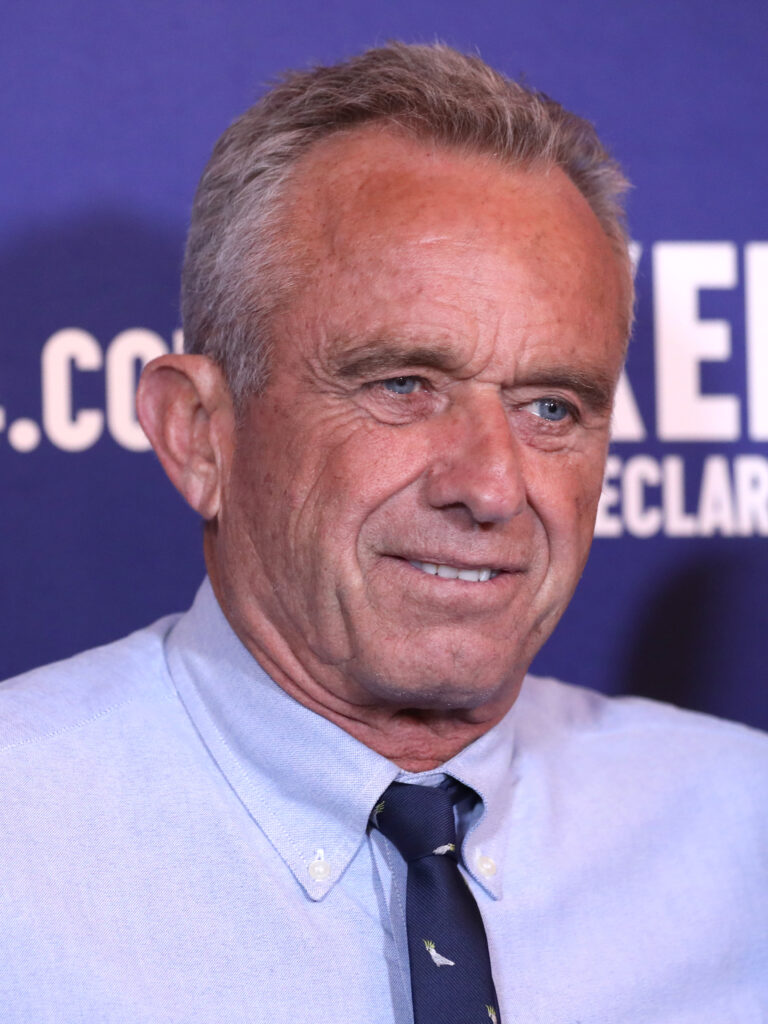
13. **Assumption of Office and Initial Policy Directives**Robert F. Kennedy Jr. officially assumed the mantle of the 26th Secretary of Health and Human Services on February 13, 2025, sworn in by Justice Neil Gorsuch in the Oval Office. This marked a historic moment, as Kennedy became the first independent or third-party presidential candidate to secure a cabinet position after running for the nation’s highest office, underscoring the unique nature of his political journey and the Trump administration’s willingness to embrace unconventional appointments.
Minutes after Kennedy was sworn in, President Trump signed Executive Order 14211, which mandated the creation of a “Make America Healthy Again” (MAHA) Commission. This commission, to be chaired by Kennedy, was immediately tasked with a broad range of objectives, reflecting a clear policy shift towards areas that aligned with Kennedy’s long-held skeptical views on public health. The executive order signaled a departure from conventional public health strategies, emphasizing alternative approaches and investigations.
The MAHA Commission’s primary objectives were explicitly outlined to include investigating the incidence and causes of chronic childhood diseases. This focus mirrored one of Kennedy’s enduring concerns, particularly his past promotion of the scientifically disproved claim of a causal link between vaccines and autism, which often underpinned his arguments for examining childhood illnesses. The directive set the stage for a comprehensive review of existing health data and methodologies.
Furthermore, the executive order mandated the commission to “assess the prevalence of and threat posed by the prescription of selective serotonin reuptake inhibitors, antipsychotics, mood stabilizers, stimulants, and weight-loss drugs.” This broad mandate indicated a critical examination of widely used pharmaceutical treatments, suggesting a governmental re-evaluation of the role and impact of these medications on public health. The establishment of the MAHA Commission immediately signaled a new direction for the Department of Health and Human Services under Kennedy’s leadership.
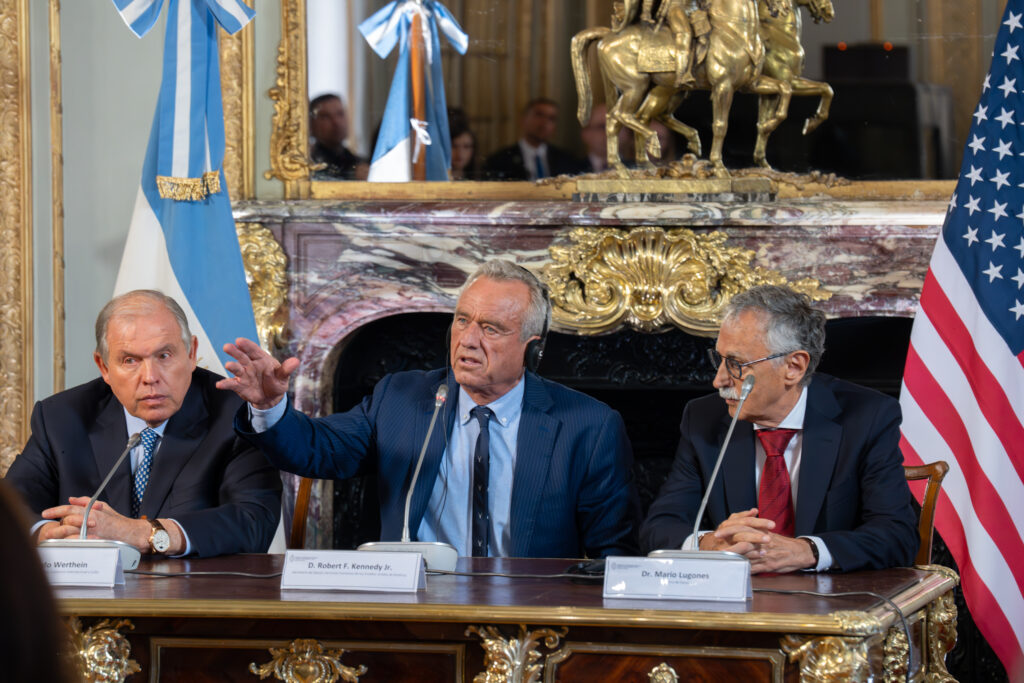
14. **Divisive Tenure and Public Health Actions**Robert F. Kennedy Jr.’s tenure as Secretary of Health and Human Services quickly became defined by a series of controversial actions and policy directives that sparked widespread concern across the scientific and medical communities. His immediate actions upon taking office signaled a rapid and significant restructuring of federal health agencies, raising questions about the future direction of national public health priorities and the role of scientific expertise within the department.
One of his earliest and most impactful decisions occurred on February 14, 2025, the day after his swearing-in, when agencies including the Centers for Disease Control and Prevention (CDC) and the National Institutes of Health (NIH) were informed of the impending termination of approximately 5,200 newly hired federal health workers. This mass firing was followed in April 2025 by the dismissal of most of the staff of the National Institute for Occupational Safety and Health, leading to the abrupt shuttering of nearly all its departments, including programs for workplace safety equipment approvals and firefighter health research.
Further consolidating his control and reshaping advisory bodies, Kennedy announced in June 2025 his decision to remove all 17 members of the Advisory Committee on Immunization Practices (ACIP) and replace them with new members. This move was particularly alarming to public health experts, given ACIP’s critical role in developing vaccine recommendations for the U.S. population based on rigorous scientific review, suggesting an intent to dramatically alter national immunization strategies.
In a direct move impacting public health messaging, HHS, under Kennedy’s instruction, directed the CDC on February 20, 2025, to suspend its ad campaign promoting flu vaccination during an unusually severe influenza season. The campaign, designed to encourage vaccination by highlighting its role in reducing symptom severity and hospitalization rates, was abruptly halted, despite declining flu vaccination rates and the ongoing public health need for such messaging. This decision drew sharp criticism from Senator Elizabeth Warren and others, who viewed it as undermining crucial public health initiatives.
Read more about: Duke Cunningham, 83, Dies: Tracing the Complex Legacy of a Vietnam War Hero and Convicted Congressman
15. **The 2025 Southwest United States Measles Outbreak**One of the most immediate and tangible public health crises to unfold during Robert F. Kennedy Jr.’s nascent tenure as Secretary of Health and Human Services was the widespread measles outbreak in the southwestern United States in 2025. This outbreak underscored the critical importance of vaccination and highlighted the real-world consequences of declining immunization rates, creating an urgent challenge for a Secretary known for his skepticism toward vaccines.
The severity of the outbreak was stark, including the first measles death reported in the U.S. in a decade, a tragic milestone that emphasized the pathogen’s re-emergent threat. The Texas Department of State Health Services reported 146 cases and 20 hospitalizations, in addition to the single fatality, painting a grim picture of the disease’s resurgence and its impact on vulnerable populations. The rapid spread of measles, a highly contagious disease largely preventable by vaccination, immediately raised questions about the efficacy of current public health messaging and the wider environment of vaccine hesitancy.
This crisis unfolded as Kennedy’s administration simultaneously implemented policies that limited public health outreach for vaccinations, such as the suspension of the CDC’s flu vaccine ad campaign. The confluence of a severe preventable disease outbreak and a federal health agency seemingly de-emphasizing vaccine promotion created a profound tension. Critics argued that the administration’s actions and rhetoric, including Kennedy’s own history of promoting misinformation, contributed to an environment where vaccine-preventable diseases could flourish.
The 2025 measles outbreak therefore served as an early and critical test for Secretary Kennedy, placing his anti-vaccine perspectives in direct conflict with a pressing public health emergency. It highlighted the profound responsibility of the HHS Secretary to safeguard public health and the potential ramifications when that role is occupied by an individual whose views diverge significantly from established medical and scientific consensus. The events of early 2025 underscored the complex and potentially perilous landscape of public health under his leadership.
Robert F. Kennedy Jr.’s journey from an accomplished environmental lawyer to the Secretary of Health and Human Services has been marked by a series of dramatic shifts and controversies, fundamentally reshaping his public identity. His evolution into a leading proponent of anti-vaccine views and public health conspiracy theories, coupled with a contentious presidential campaign and a highly scrutinized appointment to a critical cabinet position, illustrates a profound reorientation of his advocacy. His tenure at HHS, inaugurated with executive orders reflecting his specific concerns and characterized by significant personnel changes and policy reversals, has immediately faced critical public health challenges, including a severe measles outbreak. This intricate narrative of a public figure navigating starkly contrasting realms of influence — from safeguarding nature to challenging established medical science — continues to unfold, with far-reaching implications for national health policy and the public’s trust in scientific institutions.”
, “_words_section2”: “1972



